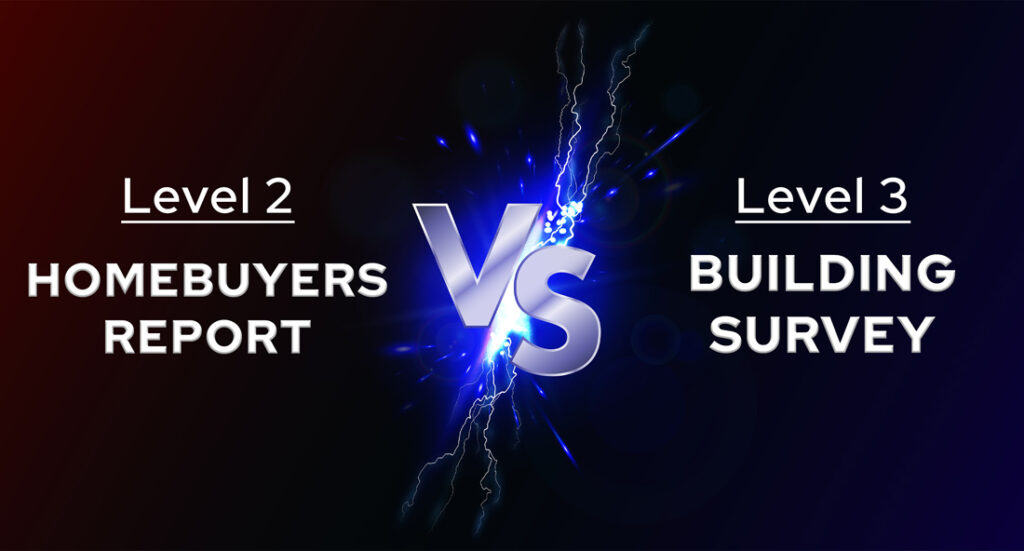When it comes to purchasing a property, understanding its condition is pivotal. Chartered surveyors play a crucial role in providing detailed assessments that aid in making informed decisions. Two commonly sought-after surveys are Homebuyer Reports and Building Surveys, each offering unique insights tailored to different buyer needs. Let’s delve into the nuances of these surveys to help you determine which might best suit your requirements.
Homebuyer Reports: A Comprehensive Overview
Homebuyer Reports are typically recommended for conventional properties that are relatively new, in good condition, and built with standard construction materials. They’re designed to be more concise and cost-effective compared to Building Surveys. Conducted by RICS (Royal Institution of Chartered Surveyors) qualified surveyors, Homebuyer Reports aim to identify significant issues that might affect the property’s value. They cover the property’s general condition, highlighting visible defects, and provide an overview of its overall state.
This type of report assesses:
- Visible defects and potential issues affecting the property’s value.
- Urgent matters that require immediate attention.
- Valuation details, helping buyers make informed decisions on the property’s worth.
- Recommendations for necessary further investigations or actions.
Building Surveys: In-Depth Analysis for Complex Properties
Building Surveys, also known as Structural Surveys, are more detailed and comprehensive assessments suitable for older properties, larger buildings, or those with unique designs or non-standard construction materials. This type of survey offers a more extensive analysis, ideal for properties requiring significant renovation, or if the buyer seeks a thorough understanding of the building’s condition.
A Building Survey covers:
- Detailed inspection of the property, examining visible and hidden defects.
- In-depth analysis of the property’s structure, materials used, and advice on potential future repairs.
- Comprehensive insights into the property’s condition, including major and minor concerns.
- Recommendations for necessary actions, maintenance, and potential costs for repairs.
Choosing the Right Survey for You
Deciding between a Homebuyer Report and a Building Survey often depends on the property’s age, condition, size, and individual buyer needs. While a Homebuyer Report offers a more general overview, a Building Survey provides a thorough examination, ideal for older or unique properties.
Consulting with a chartered surveyor helps immensely in making an informed choice. They can offer tailored advice based on your property and specific concerns, ensuring you receive the most suitable survey that meets your requirements.
In conclusion, both Homebuyer Reports and Building Surveys serve as invaluable tools in the property buying process, offering buyers clarity and peace of mind. Understanding their differences empowers buyers to make well-informed decisions, ensuring their prospective property purchase aligns with their expectations and needs.



